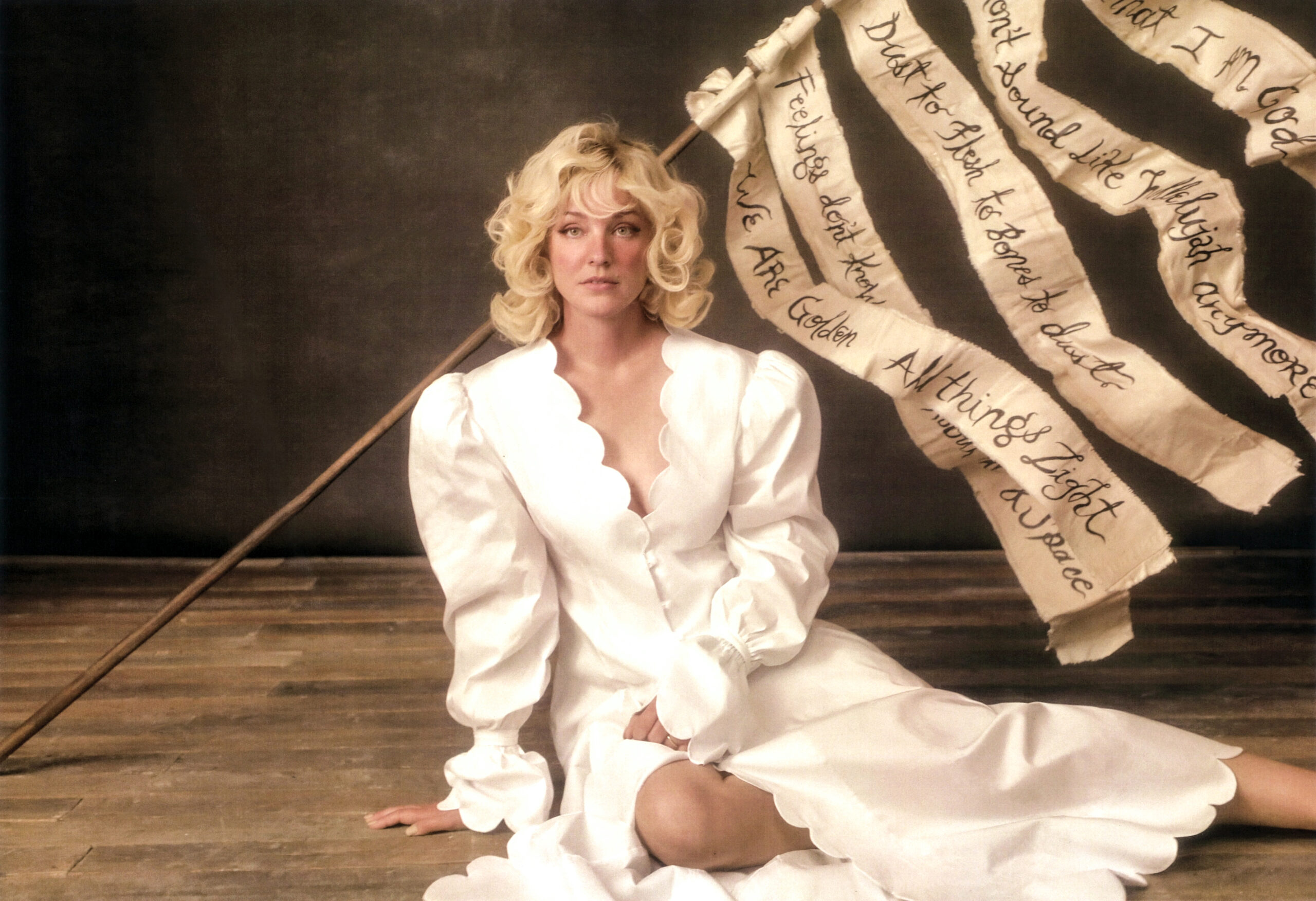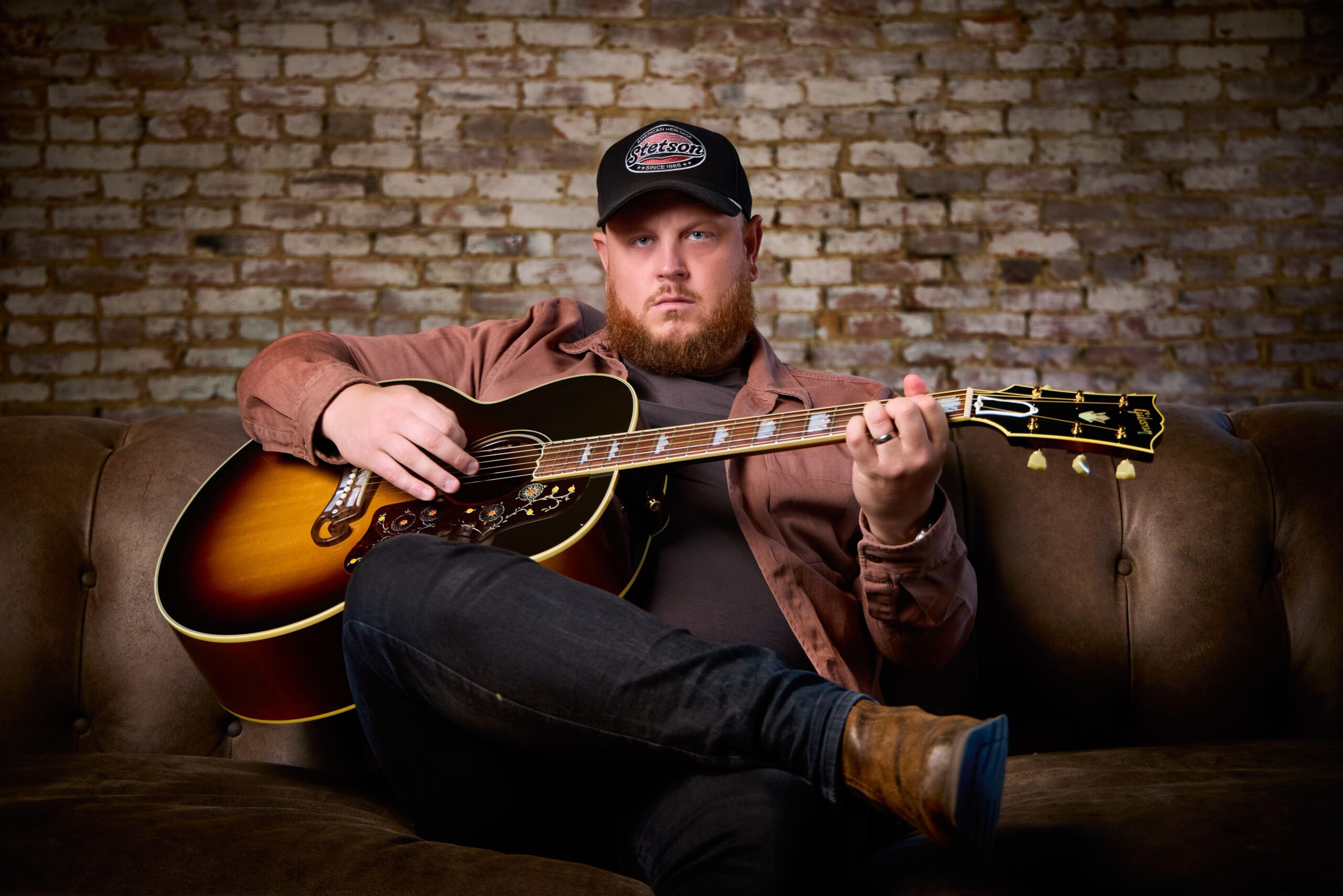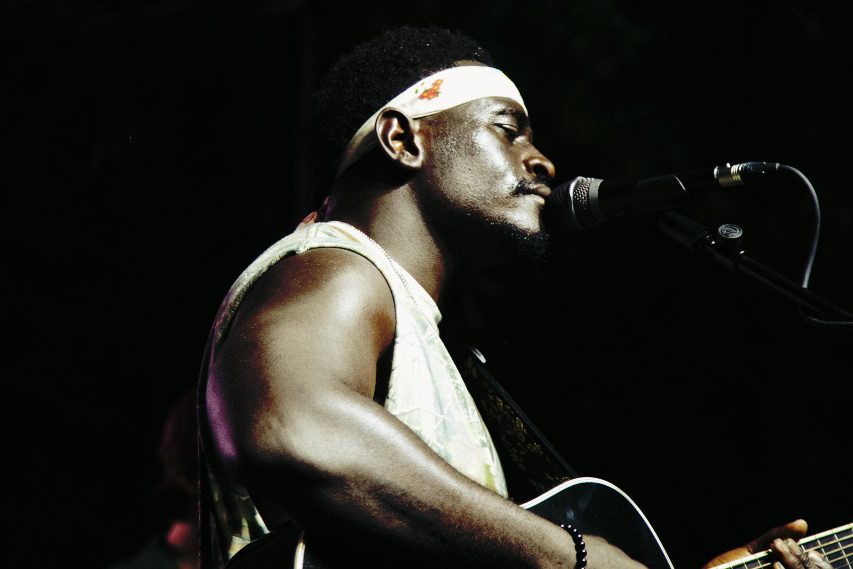
Waylon Jennings – A Voice That Changed Country
Waylon Jennings wasn’t just an outlaw — he was a revolution. This is the story of a man who changed country music by refusing to follow the rules.
Waylon Jennings didn’t just say these words — he lived them: “Don’t ever try and be like anybody else, and don’t be afraid to take risks.” In a country music era defined by polished rhinestones and industry conformity, Jennings was a gravel-voiced outlaw who burned his own trail across the genre’s neatly trimmed pasture. With a Fender Telecaster slung low and a stare that said don’t even try, he didn’t just rewrite the rules — he refused to acknowledge them in the first place.
Waylon’s rise wasn’t conventional, and that’s exactly why it mattered. At a time when Nashville’s sound had become synonymous with commercial polish and predictable sentimentality, he kicked open the saloon doors and let in the dust, the grit, and the truth. His music wasn’t built for radio formulas — it was carved from the hard edges of real life. And in doing so, he gave a voice to those who never quite fit the mould.
In the years since his passing in 2002, Waylon Jennings has only grown larger in the legend of country music. Not because he chased legacy, but because he ignored it. He made music on his own terms — fierce, flawed, and ferociously honest. Today, in a landscape where authenticity is currency and the outlaw spirit has gone from rebellion to rallying cry, Jennings’ influence remains stamped into every chord that leans left of centre.
This is the story of a renegade poet from West Texas. A man who survived tragedy, challenged tradition, and wrote country music with a clenched fist and a wild heart.
West Texas Roots and Rock ’n’ Roll Dreams
Waylon Arnold Jennings was born on June 15, 1937, in the dusty town of Littlefield, Texas — a place where the air smelled like cotton and the radio dial spun stories of heartbreak and salvation. Like so many sons of the South, Jennings was raised on the sounds of Hank Williams and the blues that crept up from the Mississippi Delta. But even from a young age, it was clear that Jennings wasn’t interested in simply absorbing those influences. He wanted to bend them, push them, make them his own.
By the time he was twelve, Jennings was already hosting his own radio show on KVOW in Littlefield. His voice — still unpolished, still learning — crackled with confidence. His teenage years were spent not in the bleachers but behind the microphone, spinning country records and slipping in the occasional live performance. Music wasn’t just a pastime; it was a calling.
The real turning point came when Jennings crossed paths with a fellow Texan who was already blazing trails of his own: Buddy Holly. Jennings joined Holly’s band as a bass player in the late 1950s, stepping into a new world of rock ’n’ roll energy and fast-moving fame. Holly, always the innovator, saw something in Waylon — a kindred spirit, a rebel in waiting. It was Holly who gave Jennings his first taste of professional touring, studio sessions, and the chaos of life on the road.
To read the full article, see our last issue here.
Never miss a story… Follow us on:
Instagram: @Maverick.mag
Twitter: @Maverick_mag
Facebook: Maverick Magazine
Media Contact
Editor, Maverick Magazine
Tel: +44 (0) 1622 823 920
Email: editor@maverick-country.com
.




